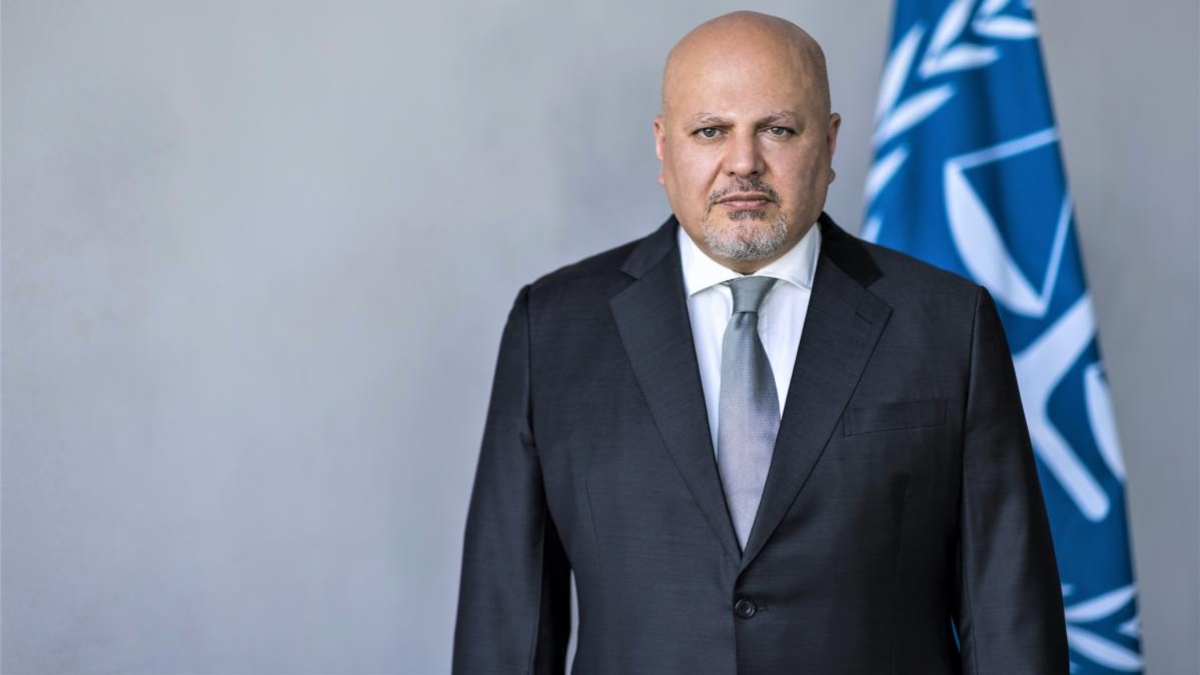International Criminal Court (ICC) chief prosecutor Karim Khan has temporarily stepped down as he faces an external investigation over alleged misconduct, his office confirmed on Friday.
Khan, who has been at the forefront of some of the ICC’s most high-profile cases, including the probe into former Philippine president Rodrigo Duterte, has taken leave pending the outcome of the United Nations investigation. His deputy prosecutors will take over his duties in the meantime, according to an official statement.
The ICC’s governing body had earlier initiated an external investigation following accusations of misconduct against Khan. While the nature of the allegations was not specified by the ICC, media reports indicated claims of sexual misconduct involving a member of his office—a claim that Khan has strongly denied.
“It was with deep sadness that I understood reports of misconduct were to be aired publicly in relation to me,” Khan said in a statement, maintaining his innocence and welcoming the investigation. He assured that he would continue to fulfill his duties as ICC prosecutor, except for his role directly impacted by the investigation.
Paivi Kaukoranta, president of the Assembly of States Parties (ASP), emphasized the importance of the external probe, stating it was necessary to ensure “a fully independent, impartial, and fair process.”
Khan, a British lawyer with a long career in international law, has been a polarizing figure at the ICC. He gained widespread attention after seeking arrest warrants for high-profile leaders, including Israeli Prime Minister Benjamin Netanyahu and former Russian President Vladimir Putin. His firm stance on accountability has also made him a target, with Russia issuing its own arrest warrant against him following his pursuit of charges against Putin.
Khan’s legal career has seen him represent various high-profile clients, including Liberia’s former president Charles Taylor, Kenyan President William Ruto, and the son of former Libyan leader Moamer Kadhafi.
His current leave comes at a critical time for the ICC, which is handling sensitive cases, including its investigation into Duterte’s “war on drugs.” The former Philippine president, who is facing charges of crimes against humanity, was arrested in March upon his arrival from Hong Kong and is set to appear for a hearing in September.






